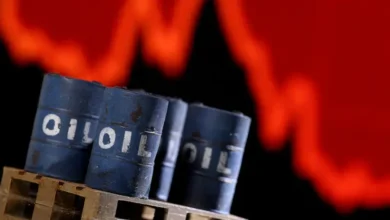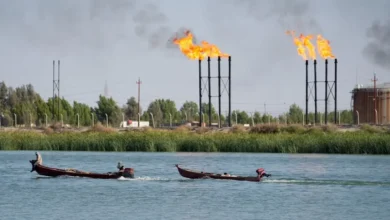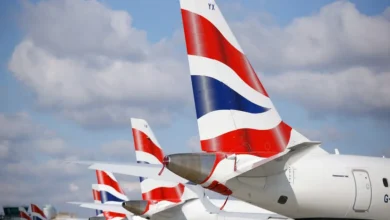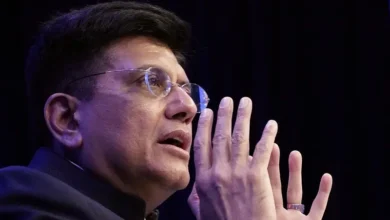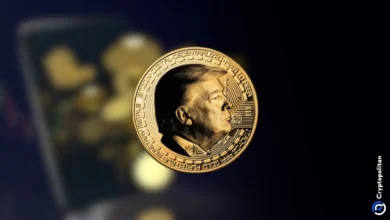Canada could impose tariffs on $105 billion worth of US imports, source says
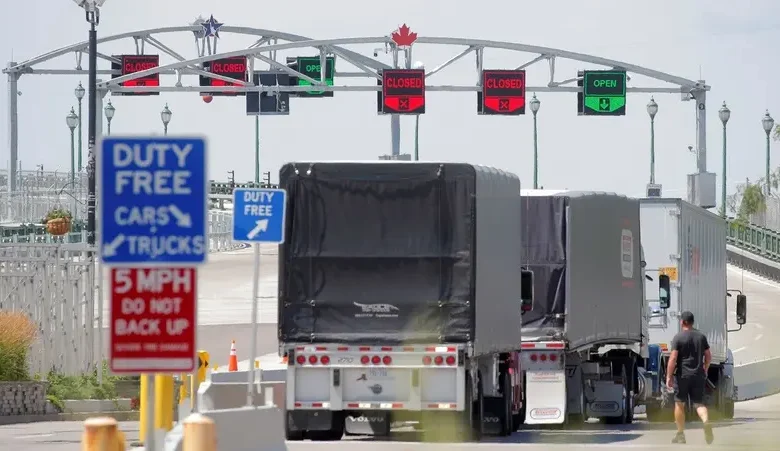
Canada could impose countermeasures on up to C$150 billion ($105 billion) worth of US imports if President-elect Donald Trump puts tariffs on Canadian goods and services, a source familiar with the matter said on Wednesday.
Canada has drawn up a list of targets but would hold public consultations before acting, said the source, adding the extent of any potential reaction would depend on what Trump does.
The Toronto Star was the first to report the proposed countermeasures.
Prime Minister Justin Trudeau earlier met the premiers of Canada’s 10 provinces to discuss how to react to any US tariffs and the list of tariff targets, said the source, who requested anonymity because they were not authorized to speak to the media.
Trump says he wants to impose a 25 percent tariff to push Canada to tighten border security to stem the flow of illegal migrants and cut fentanyl smuggling, a move that would appear to violate a free-trade deal.
Such a move would be crippling, given Canada sends 75 percent of all goods and services exports to the United States.
The source said the proposed countermeasures would be divided into three groups. If Trump does make good on his threat, Canada would immediately target a small group of goods, including orange juice from Florida, where he lives.
“Nothing can be off the table if the US continues to choose to move forward with these punishing tariffs,” Trudeau said after meeting the premiers.
Trudeau said any push back would be forceful and robust but declined to give details, given it was not yet clear what exactly Trump would do.
“I support the principle of a proportional dollar for dollar response,” he said.
Earlier on Wednesday, federal Immigration Minister Marc Miller said the flow of migrants and drugs coming from Canada is minute compared to the volumes entering the United States from Mexico.
Although Trudeau and the premiers in the room said the two levels of government were united, the energy-producing province of Alberta did not sign the final joint declaration released at the end of the meeting.
Alberta premier Danielle Smith, who dialed into the meeting, said she was opposed to the idea of curbing Canadian oil exports, a option that federal officials have raised as an option that would drive up US gasoline prices.
The final declaration said if Ottawa did impose retaliatory measures, it would quickly provide money to Canadian workers and businesses to help offset the damage done by Trump’s tariffs.
Trudeau announced this month he would be stepping down in the wake of a dispute with former finance minister Chrystia Freeland, who quit in opposition to his proposals for more spending. She said Canada needed to maintain financial reserves to help offset the impact of US tariffs.
Trudeau told reporters he would not be running again the next election, which must be held by Oct 20.
